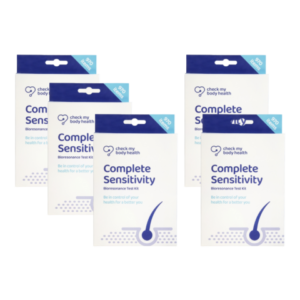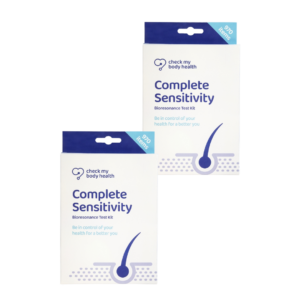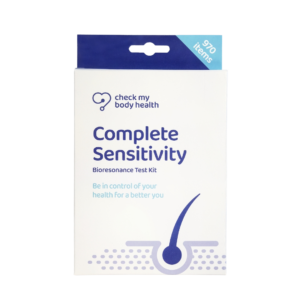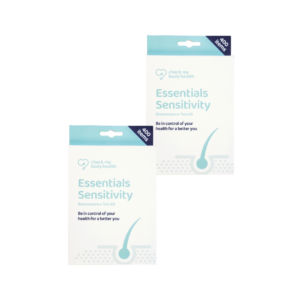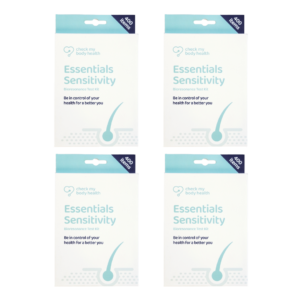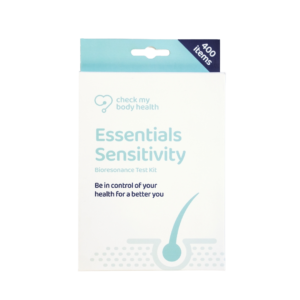Food allergies have a range of negative impacts on the human body. Some symptoms are obvious, such as struggles with the respiratory tract and outbreaks of acne and hives on the skin. Others are more subtle and nefarious, such as a drop in energy levels. These are more likely linked to a food intolerance.
Fatigue can be a tough symptom to link to food intolerance, as it could have so many root causes. Juggling the many and varied commitments of life in the 21st Century is exhausting enough, and all kinds of minor ailments and illnesses will impact on your vigour.
All the same, if you find yourself shattered for no good reason, it’s worth investigating any potential food intolerances.
Is There a Difference Between Food Intolerance and Allergy?
Yes, a food intolerance is usually slightly less serious than an allergy. Allergies tend to involve difficulty breathing, and aesthetic issues such as skin rashes and breakouts. The symptoms of an intolerance are more likely to result in internal difficulties.
It may also take more consumption to spark an intolerance. Unlike an allergy, the response may not be immediate. That doesn’t mean that food intolerances can be taken lightly or ignored, though. Intolerances can be inconvenient and troublesome – they’re just not life-threatening.
Typical symptoms of a food intolerance include:
- Fatigue and exhaustion.
- Brain fog, and difficulty to think clearly.
- Nausea and dizziness.
- Vomiting and diarrhoea.
If you notice these symptoms after eating certain foods, pay attention. Anything more than once is unlikely to be a coincidence.
What Foods Commonly Impact Energy Levels?
There are a wide range of foodstuffs and types that can impact upon the human body. It’s possible to have an intolerance to any kind of food – everybody is unique. Some of the most common examples of food intolerances are:
- Gluten. Everybody knows somebody with a gluten allergy. You may have an intolerance yourself. Not everybody that struggles with gluten has celiac disease, however. Your body may just struggle to process bread and similar foods comfortably, leaving you exhausted while it slowly and steadily breaks down the ingredients.
- Lactose. This is another common food intolerance. Lactose is found in dairy products, most notably milk and softer cheeses. Lactose intolerance can cause a severe energy dip.
- Fructose. This is the naturally occurring sugar found in fruits and a handful of vegetables. Sweet potatoes are the most common culprit in this regard. You may just be experiencing a good old-fashioned sugar crash, but it’s also possible that you have an intolerance.
- Salicylate. This is an acid found in certain fruits and juices. Tomatoes are the most common source of salicylate, so avoid these if you struggle with energy.
- Histamines. Some foods, most notably meat, cheese, chocolate and aging fruit, launch a histamine attack on the human body. In such an instance, the histamines trigger an allergic-style reaction in the body. This is why over-the-counter medications designed to combat allergy such as Benadryl are marketed as antihistamines.
- MSG (Monosodium Glutamate). Commonly referred to as ‘E numbers’, MSG is an additive that provides processed food with flavour. This ingredient disagrees with a number of people, sparking a range of reactions – including fatigue.
If you partake in these foods regularly, think about whether they are impacting on your health. You may need to re-assess your food intake and change your diet.
Is a Food Intolerance to Blame for My Low Energy?
Fatigue and exhaustion can be the first warning sign of a food intolerance. Typically, these symptoms can manifest within 30 minutes after you have eaten something inappropriate. If your intolerance is more severe, you may start to lose energy within around 10 minutes.
This is obviously something to take seriously. Food is supposed to be fuel for our bodies, providing us with energy. If eating appears to restrict your energy instead of enhancing it, something is amiss.
The best way to approach this situation is through elimination. Ensure that you’re eating a sensible, regular diet that moderates your energy and blood sugar levels. Once you have this base level established, you can watch for responses to particular foods.
Start by exchanging particular parts of your meal, or skipping them entirely. Instead of a carb-heavy side dish, apply some leafy greens to your plate. Rather than rich milk or cream in your pasta sauce, add a lactose-free alterative. Shop organic for your fruit and veg too, ensuring that you’re using the highest quality ingredients possible.
This may be a long process, so you’ll need to be patient and precise. You’ll also need to make sure that you don’t mistake a basic and understandable sugar crash for direct food intolerance.
If you’re dozy every time you tuck into dessert, or find that toast in the morning leaves you feeling devoid of energy by lunchtime, you may just be experiencing a sugar spike and associated slump. Foods that are largely considered healthier, however, may spark a similar reaction. This will likely be related to an intolerance.
I Don’t Have a Food Intolerance – Why am I So Tired?
If the elimination method is not bearing results, do not assume that you don’t have a food intolerance. These ailments can be subtle, and your symptoms may be sparked by something that you haven’t noticed.
If you are consistently exhausted, speak to your GP. There are a number of potential explanations for chronic fatigue – starting with the obvious question of whether you’re sleeping enough.
Beyond this, possible health concerns include:
- Fibromyalgia,
- Autoimmune conditions, such as Lupus.
- Thyroid complaints.
- Anxiety and Depression.
A healthcare professional will be able to run tests, usually centred around your blood. These may reveal a food intolerance. Be aware, however, that only so much information can be gleaned from a humble blood test. Your doctor may be able to confirm that, yes, you have an intolerance – they just can’t say what. This will simply result in advice to take the elimination approach.
For a more definitive answer, you could consider undertaking private testing. Many companies offer a service in which your blood can be tested for food intolerances, usually by mail order. Typically, these tests will involve complex research into your DNA, which ensures a more thorough insight.
Speak to your GP or a pharmacist before agreeing to one of these tests. Research your provider online too, ensuring that they are reputable. Testing for food intolerances has becoming increasingly commonplace and regular, which means that there is no shortage of snake oil salesmen operating in the space.
Finding the right information could make a huge difference to your life. Eliminating foods that you experience intolerance to will potentially boost your energy, and drastically reduce the side effects – including unwelcome fatigue and energy slumps.


